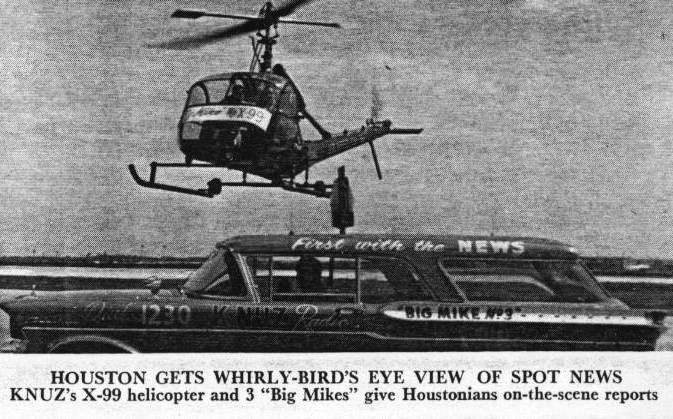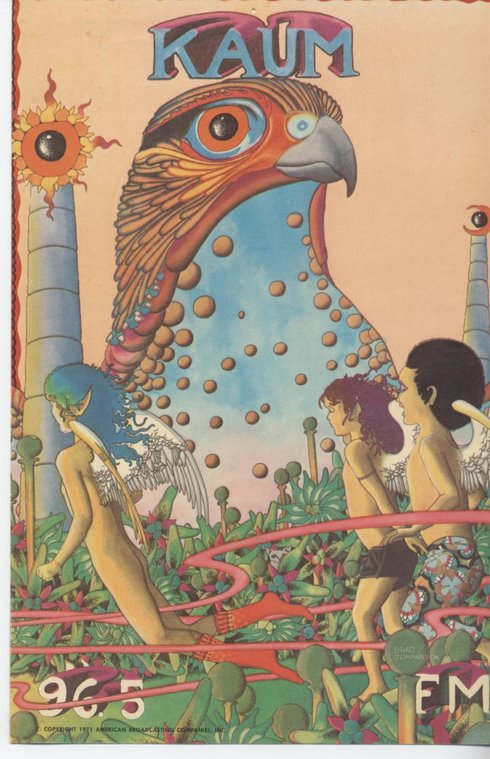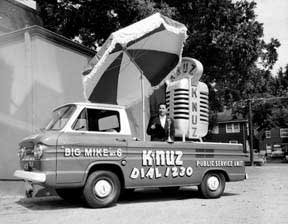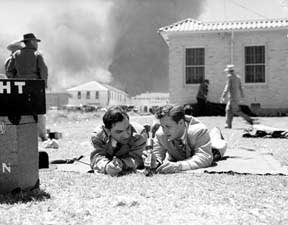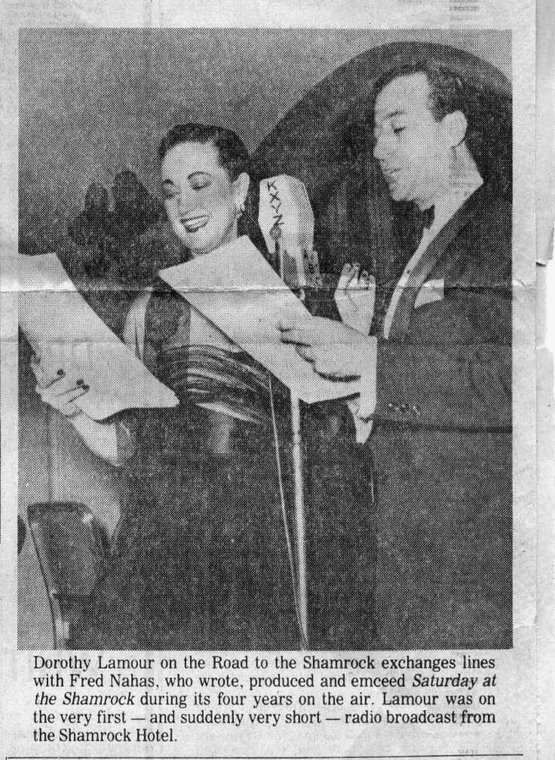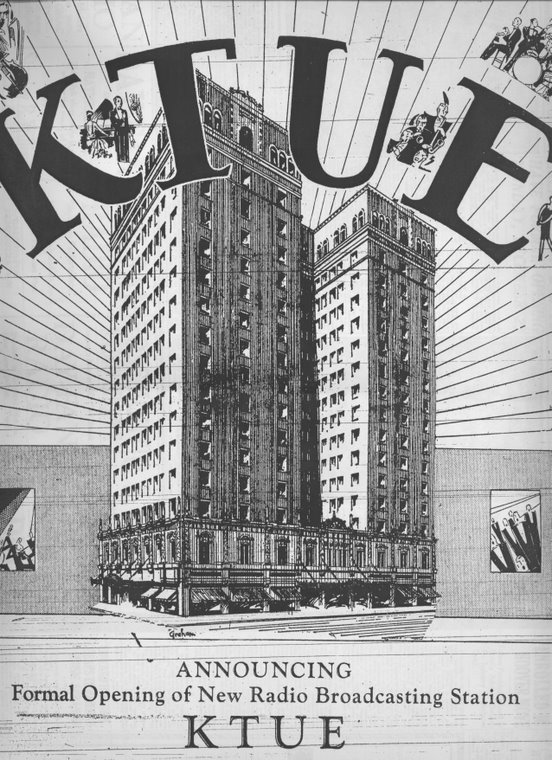Twenty years ago an employee of KTRH, Philip H. Boudreaux III, produced a history of Houston Radio: The First Sixty Years. The 33 page essay is fully annotated and was based on newspaper research and personal interviews, particularly concerning events in the more recent years. I think what I have is only a draft, judging by editing marks and simple typos; there are some facts stated which are in conflict with some information I came up with but Boudreaux also uncovered some important facts that I had not been able to find.
I'll be incorporating this material in articles already posted on this blog, giving credit to Boudreaux, but here are a few of the more significant findings:
In my article on the launch of Alfred P. Daniel's WCAK I reported that Anna Clyde Plunkett had claimed in 1955, commenting on Daniel's death, that she had participated in the first radio broadcast in Houston on Daniel's station but failed to give the date or what station. Boudreaux reports the concert was on May 22, 1922, on Daniel's WCAK, not his earlier amateur stations, and it was one of the Houston Post-Dispatch sponsored concerts. From this we know that this was certainly not the first radio broadcast in Houston. Hurlburt-Still's WEV had commenced weather broadcasts on April 12 on 485 meters and the Post-Dispatch had reported on May 11 on a broadcast of an entertainment program on 360 meters on WEV which clearly was not the first by that station.
Plunkett had apparently actually claimed to be the first soloist to perform on Houston radio but even that claim does not hold up. David Westheimer, Radio-TV editor of the Post in 1955 had headlined the story 'First Performer Tells of Initial Broadcast.'
Regarding the decision of Ross Sterling, Sr., to start a Post-Dispatch radio station, it's been reported in several sources that it was his son Ross, Jr., who was interested in radio and talked his dad into taking action. Boudreaux says Sterling had two sons, Walter and Ross, Jr., and both were interested in radio and convinced their dad to buy the 500 watt Westinghouse Electric transmitter. Additionally, when the decision had been made to proceed with the station after a period of mourning over the death of Ross, Jr., Sterling turned to his son Walter to name the station. He picked the call letters KPRC to stand for Kotton Port, Rail Center. I don't know that anyone has claimed for sure who picked the call letters though I had speculated it was Daniel's suggestion.
Later in the decade when the Post-Dispatch took over the Fort Bend School Board's KGHX and moved it to Houston to be a sister station to KPRC, Sterling again turned to his son Walter to pick some call letters. He chose KTLC, to stand for K-The Largest City, referring to Houston as the largest city in Texas.
These facts came out in an interview with Walter Sterling in 1982.
Regarding the naming of KTRH in 1929, it would seem to be self evident: Jesse Jones owned the Rice Hotel and the new radio station which was to have studios in the hotel, but according to an interview with John T. Jones, it wasn't quite that direct. The elder Jones had originally wanted to put the radio station in the Houston Chronicle building but met with resistance from the paper's editor, W. O Huggins, so Jones turned to his hotel manager who declared he would be happy to provide space for the station provided it was irretrievably tied to the hotel. Hence the call letters KTRH which were announced as meaning K - The Rice Hotel.
Everything I have seen has identified Tilford Jones, head of Harris County Broadcast, owners of KXYZ, as Jesse Jones nephew. Boudreaux identifies him as a cousin.
My thanks again to Charlie Pena of Clear Channel Radio for sharing this material with me.













![]()











